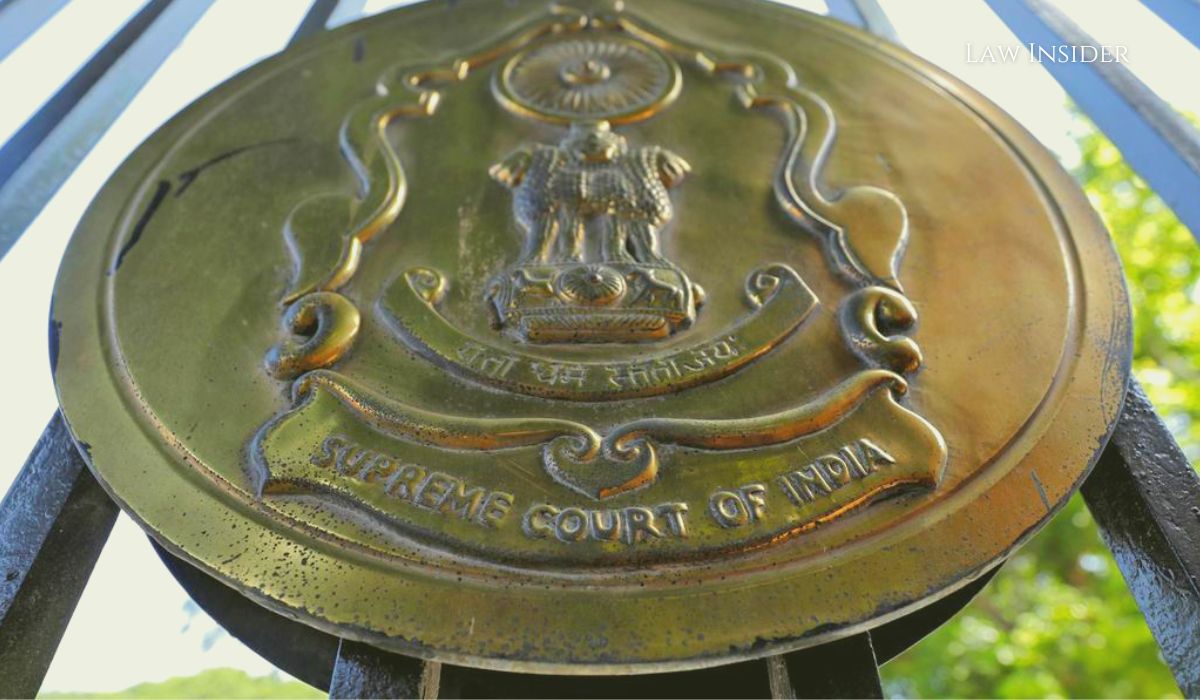Tanisha Rana
Published on: September 21, 2022 at 23:26 IST
The Supreme Court‘s Constitution Bench announced on Tuesday that the hearing of the case in which its indulgence is requested to explore the scope of its powers under Article 142 of the Constitution of India, 1950, to dissolve marriage would begin on September 28, 2022.
The five-judge bench, which was led by Justice S.K. Kaul and also included Justices Sanjiv Khanna, AS Oka, Vikram Nath, and JK Maheshwari, believed that the use of Article 142’s powers when a marriage has irretrievably broken down but one of the parties refuses to divorce is the main issue.
The Constitution Bench reference results from a Transfer petition in which the parties requested a court order to dissolve their marriage in accordance with a settlement.
The Apex Court granted this request on the following grounds:
- An irrevocable breakup of the parties’ marriage has occurred;
- The parties have mutually agreed to divorce;
- Given the fact that the Family Courts in the nation are swamped with a significant volume of similar litigation, requiring the parties to appear before the jurisdictional family court to invoke the provisions of the Hindu Marriage Act, 1955 in order to seek a decree of divorce would be a drawn-out process.
The Division Bench had also highlighted the following when awarding the divorce:
“Notwithstanding the above order passed by us, for the purposes of statistics the present transfer petitions shall remain pending as we are of the view that an issue of some importance needs to be addressed by the Court in view of the huge number of requests for exercise of power under Article 142 of the Constitution that has confronted this Court consequent to settlement arrived at by and between the husband and the wife to seek divorce by mutual consent.”
The Court has requested the aid of Senior Attorneys V. Giri, Dushyant Dave, Indira Jaising, and Meenakshi Arora in the order of reference.
Amicus Curiae Mr. V. Giri helped the Bench on Tuesday with the reference order, which outlines the issues that the Constitution Bench will be debating.
The questions are summarised below:
- “What could be the broad parameters for exercise of powers under Article 142 of the Constitution to dissolve a marriage between the consenting parties without referring the parties to the Family Court to wait for the mandatory period prescribed under Section 13-B of the Hindu Marriage Act.
- Whether the exercise of such jurisdiction under Article 142 should not be made at all or whether such exercise should be left to be determined in the facts of every case.”
When it is between willing parties, the exercise of the authority to dissolve a marriage under Article 142, according to Justice Kaul, “may not be a big worry.”
He said that the cases in which the Apex Court exercises its authority under Article 142 to dissolve marriages without the couples’ agreement are of “serious concern.”
“When the parties are willing…it may not be a major concern. But really the impediment arises when the parties do not consent and we grant divorce under Article142.”
The Attorney General has also outlined some other problems in his notes, which can potentially be raised during the hearing, Mr. Giri told the bench.
[Case Status: Shilpa Sailesh vs. Varun Sreenivasan TP(C) No. 1118/2014]

